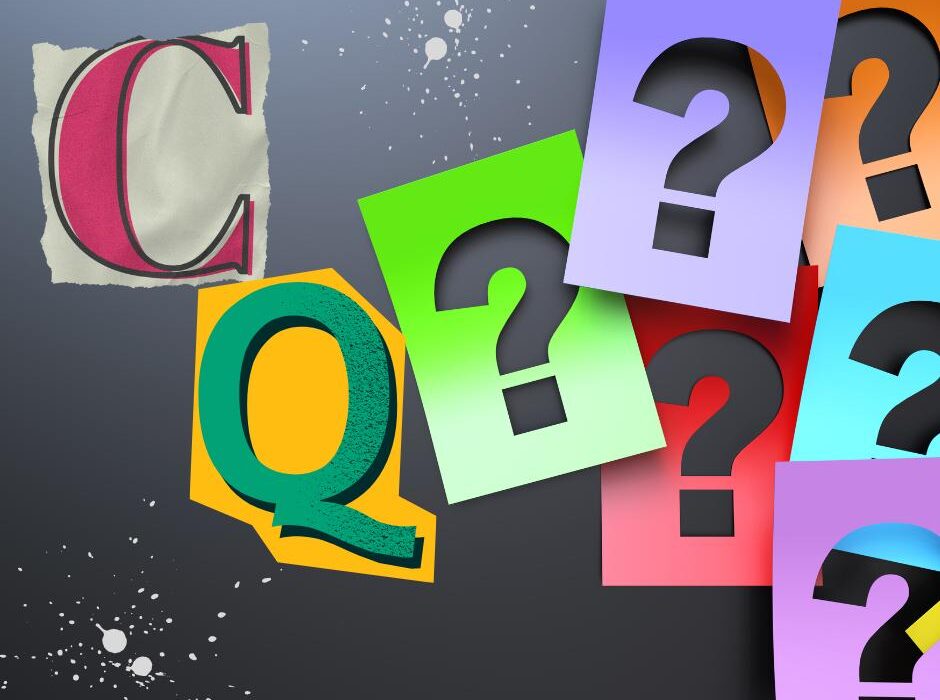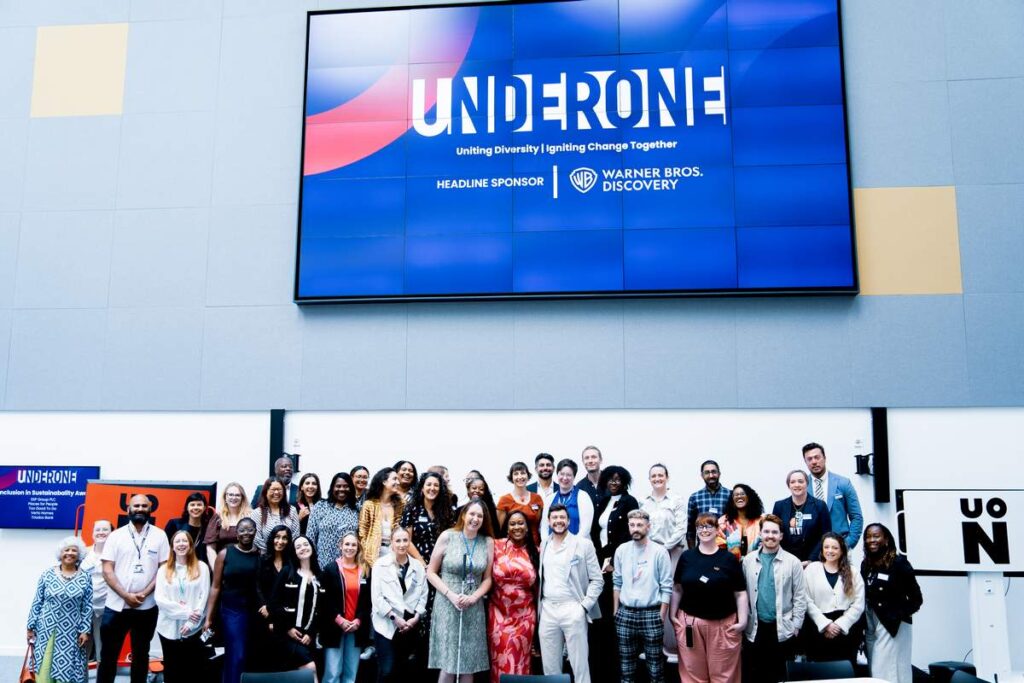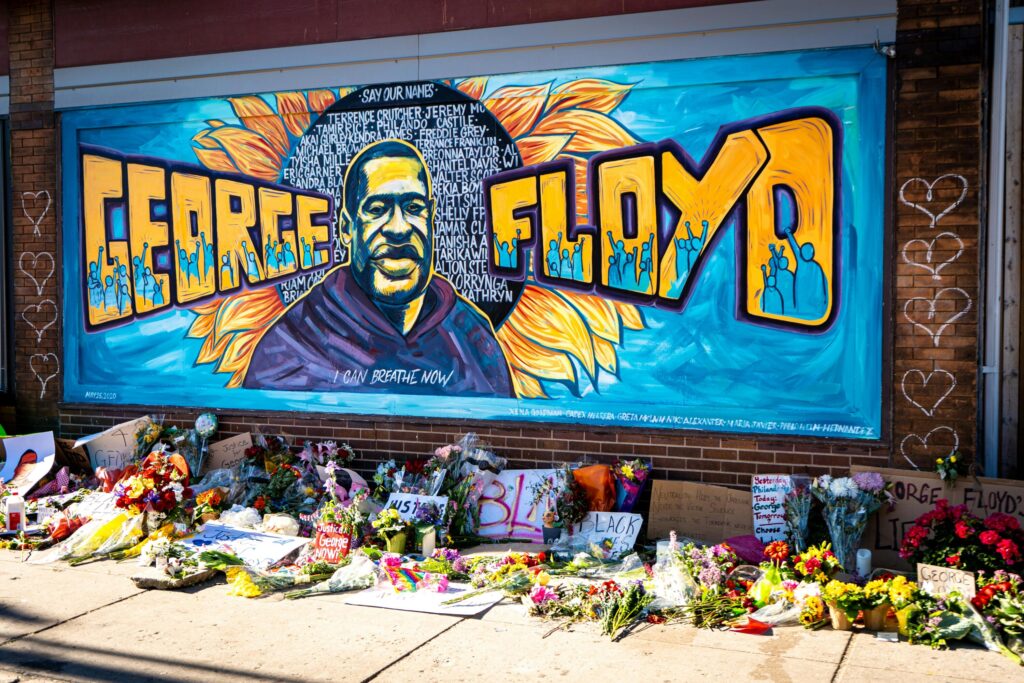In today’s interconnected world, cultural intelligence (CQ) is a vital skill that transcends boundaries, fosters understanding, and bridges gaps between people of diverse backgrounds. But what exactly is cultural intelligence, and why is it so important?
Cultural Intelligence expert, Founder and CEO of Prabhaav Global, Ritika Wadhwa, explains…
“Culture is defined as a set of behaviours we identify with – the ideas, customs and social behaviour of a particular people or society. We often take this for granted, however, until we encounter a different culture and the contrast brings it to our attention. This is where cultural intelligence comes into play”, said Ritika.
Cultural intelligence refers to the ability to effectively navigate and work across different cultures. It goes beyond mere tolerance or awareness of cultural differences and involves the capacity to adapt, communicate, and collaborate with individuals from various cultural backgrounds. Just as intelligence quotient (IQ) measures cognitive abilities and emotional intelligence (EQ) assesses emotional awareness, CQ assesses one’s ability to function effectively in culturally diverse environments.
At its core, cultural intelligence encompasses four key capabilities:
- CQ Drive: This refers to the motivation and interest in engaging with diverse cultures. Individuals with high CQ Drive are curious, open-minded, and eager to learn about different customs, traditions, and perspectives.
- CQ Knowledge: This involves understanding the cultural norms, values, and practices of different groups. It requires awareness of cultural nuances, communication styles, and social etiquette to navigate interactions effectively.
- CQ Strategy: This entails the ability to adapt one’s behaviour and communication style in cross-cultural situations. Individuals with high CQ Strategy are flexible, adaptable, and able to adjust their approach based on the cultural context.
- CQ Action: This refers to the capability to interact and collaborate with individuals from diverse cultures. It involves effective communication, empathy, and conflict-resolution skills to build rapport and establish meaningful connections.
Developing cultural intelligence is essential in today’s globalized world, where multicultural teams, international partnerships, and cross-border collaborations are increasingly common. Whether in business, education, healthcare, or social settings, individuals with high CQ are better equipped to navigate cultural differences, build trust, and foster productive relationships.
So, how can you enhance your cultural intelligence? Here are a few tips to get started:
Educate Yourself: Take the initiative to learn about different cultures, religions, and traditions. Read books, watch documentaries, and engage in cultural exchange programs to broaden your understanding.
Seek Experiences: Immerse yourself in diverse environments and interact with people from different backgrounds. Travel, volunteer, or participate in multicultural events to gain firsthand exposure to different cultures.
Practice Empathy: Put yourself in others’ shoes and strive to understand their perspectives, values, and experiences. Cultivate empathy and respect for cultural differences, and approach interactions with an open mind and a willingness to learn.
Communicate Effectively: Be mindful of cultural nuances in communication, such as body language, tone of voice, and nonverbal cues. Practice active listening, ask clarifying questions, and adapt your communication style to resonate with diverse audiences.
Embrace Diversity: Celebrate diversity and recognize the value of different perspectives and contributions. Create inclusive environments where individuals feel valued, respected, and empowered to express their unique identities.
Explaining the significance of how cultural intelligence can unlock potential, Ritika said, “The most important charge of a people leader is to unlock the potential of their people. How can this happen unless people are understood for who they really are and what they can bring to the table because of their unique experiences and perspectives? Unless we maximise the human experience, we fail to optimise human performance.”
Ready to enhance your cultural intelligence and unlock the power of diversity? Join Ritika Wadhwa’s workshop, “Cultural Intelligence: A Cornerstone of Global DEI Excellence’, at the upcoming UnderOne Festival on July 24th and 25th, 2024, at the University of Northampton. Get your tickets here now.


